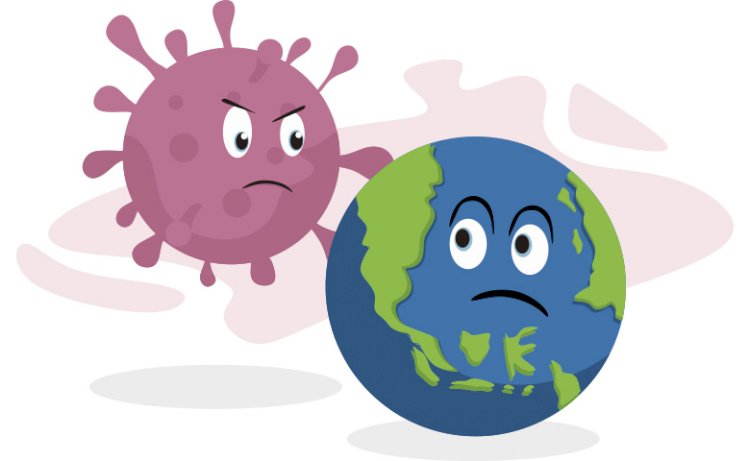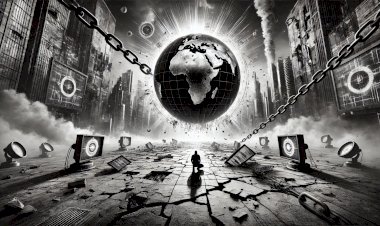How Has Covid-19 Impacted the Environment?

The COVID-19 pandemic has brought the pressing need to address the interconnected problems of climate change and the world economy into stark relief. Due to the pandemic's escalation of social and economic disparities, many nations are now more susceptible to risks associated with climate change. In addition, the effects of climate change on health, food security, biodiversity, and economic growth continue.
There is a growing understanding of the necessity to hasten the transition to a low-carbon and resilient future as the global economy struggles to recover from the pandemic. This presents opportunities and challenges for businesses, civil society, and policymakers. One the one hand, there is a possibility that immediate economic concerns will take precedence over long-term sustainability objectives. On the other hand, people are becoming more aware of the potential advantages of a green recovery, such as job growth, poverty reduction, innovation, and a higher standard of living. Making sure that policies and plans for the economic recovery include climate action is a major challenge. This might entail taking steps to support the shift to circular and regenerative economies, increase energy efficiency, promote sustainable transportation, and invest in clean energy. Making sure that the advantages of a green recovery are distributed fairly within and between nations is another challenge. This could entail doing things like encouraging social inclusion, making sure that everyone has access to clean energy and water, and helping out vulnerable communities.
In addition, there are chances to use the pandemic response to further climate change objectives. For instance, the quick development and application of vaccines and other medical technologies show the power of science, invention, and international collaboration to address difficult global issues. In a similar vein, the pandemic has accelerated the adoption of new working practices and digital technologies, which could aid in lowering emissions and boosting resilience in industries like manufacturing and transportation.
Overall, the interplay between the pandemic, climate change, and the world economy presents difficult problems with many facets. A chance to reevaluate our priorities and create a more sustainable, resilient, and equitable future is also presented. Strong international cooperation, visionary leadership, and a shared dedication to the common good are all necessary for achieving this.
Author: Pooyan Ghamari, Swiss Economist and Visionary in Global Markets and Finances

 content-team
content-team 


















